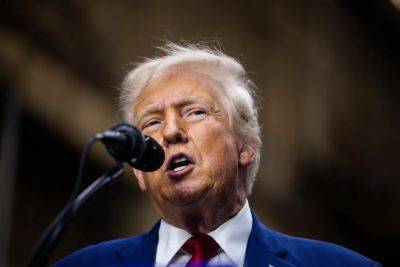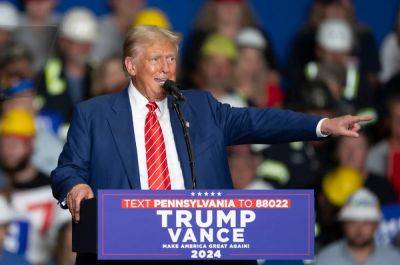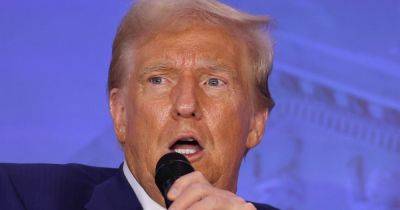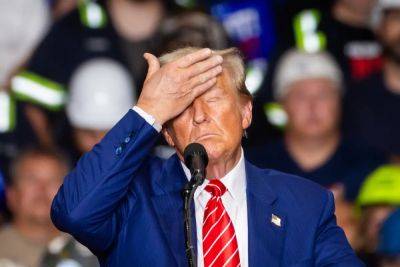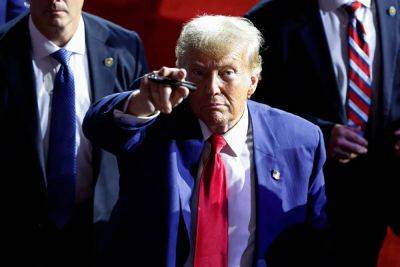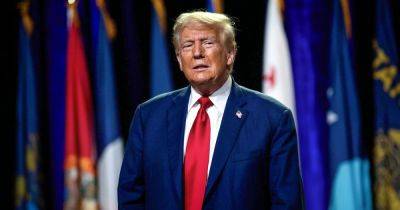Trump accused of deliberately choosing ‘sundown’ towns with racist histories for his rallies
During a campaign stop at the Livingston County Sheriff’s Office in Howell, Michigan, Donald Trump suggested that deputies there should be deployed to the majority-Black city of Detroit.
“I’d love to have them working there during the election,” he told the group on August 20, standing in front of law enforcement officials and squad cars.
A week later, Trump held a “town hall” in La Crosse, Wisconsin. The next day, he rallied in Johnstown, Pennsylvania. He will speak in the town of Mosinee, Wisconsin, on September 7.
These relatively small cities — spread across midwestern swing states and far from dense metropolitan areas — all have one thing in common: They are former “sundown” towns, where threats of Jim Crow-era violence enforced racial segregation.
After a series of rallies in major cities to kick off his general election campaign, the Republican presidential candidate zeroed in on a handful of cities with familiar pasts.
Viral criticism across social media has argued that Trump’s latest campaign stretch isn’t a coincidence but a “dogwhistle” to racist supporters. Vice President Kamala Harris’s campaign accused the former president of deliberately campaining in the former “KKK capital of Michigan.”
Trump’s campaign has denied the accusations.
Civil rights groups and city leaders have worked over decades to recover their communities from the “sundown” label, so named because of warnings to non-white people to stay off the streets after sunset, with the implicit threat of violence hovering over them.
The former president’s event at the sheriff’s office on August 20 wasn’t just “a dog whistle from Trump,” according to a statement from Harris campaign spokesperson Alyssa Bradley.
“It’s a bullhorn,” she said.
The town of


